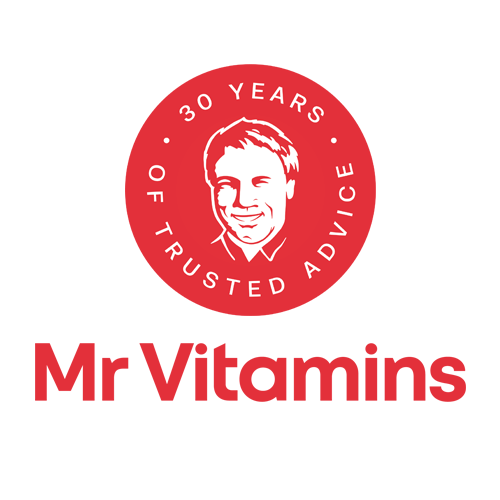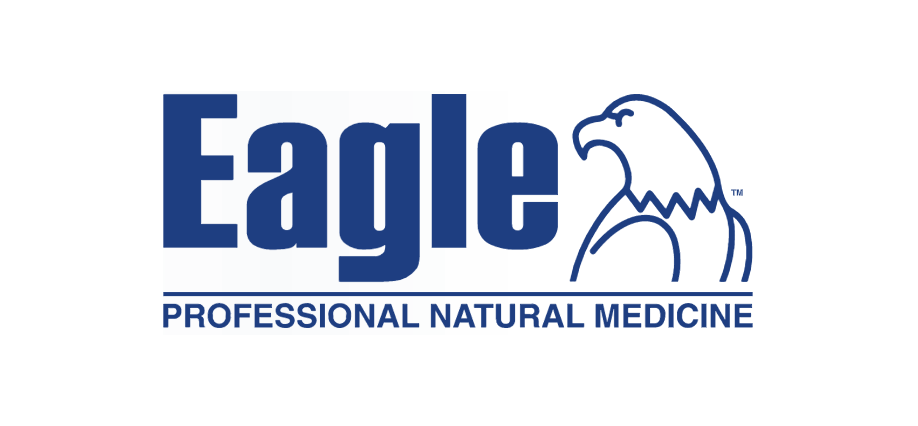- Health advice
- Mar 19, 2012
Stroke is one of the leading causes of death in the developed world. As with heart disease, the risk of stroke increases with age, but also by leading an inactive, sedentary lifestyle, as well as by failing to get enough nutrients on your diet. Stroke can happen all of a sudden and without any warning. Even in those cases that do not lead directly to death, it can leave its victims unable to walk, talk, perform simple tasks or even recognise their family and friends.
The role of Vitamin B in preventing Stroke
Vitamin B has long been thought to play a role in reducing the risk of stroke, because it effectively reduces the levels of homocysteine in your blood. High levels of this amino acid have been linked to an increased risk of stroke and heart attack, so it makes sense for Vitamin B to have a protective role if it lowers homocysteine levels. However, when this idea was put to the test in a clinical trial, no beneficial effects of Vitamin B therapy were observed. This led to a noticeable decrease in enthusiasm, in the medical community, about the protective effect of Vitamin B for people at risk of stroke.
Original Vitamin B studies misleading
A new article appearing in the Journal of the American Medical Association has recently given this idea new strength. Doctors David Spence and Meir Stampfer argue in the article that the evidence collected so far has been misinterpreted, and that the large trials that showed no benefit of vitamin therapy were actually misleading. This is because these studies lumped together people with good renal function and those who were actually experiencing renal failure at the time of the trial, explains Dr Spence, who is also the author of the book How to Prevent Your Stroke.
When renal failure is present, Vitamin B appears to be harmful, whereas it turns out to be beneficial for people that have good renal function. The authors also claim that the doses of Vitamin B used in these studies may have been too low to cause a noticeable effect. For this reason, they claim that the idea of using Vitamin B therapy to prevent stroke should not be abandoned, and that new, more rigorous clinical trials should be carried out to collect better evidence.
New evidence supports Vitamin B for Stroke recovery
The realisation that the evidence on Vitamin B therapy might have been misinterpreted is coupled with new evidence that certainly sounds promising. A study carried out on rats by American researches at the Henry Ford Hospital (Detroit) showed that Niacin (also known as Vitamin B3) restored neurological function in animals that had suffered stroke. New blood vessels were observed to grow in the area affected by stroke, and new nerves “sprouted” in the vicinity as well.
"If this also works well in humans, we will then have a low-cost, easily-tolerable treatment for this devastating condition" declared Dr Michael Chopp, who led the study.
Using Vitamin B supplements to prevent Stroke
Simple Vitamin B supplementation may be the best recommendation for people considered at risk of stroke.
There are many Vitamin B supplements on the market – so knowing which one and how much to take can be confusing. Let our Naturopathic staff advise you on which one best suits your individual needs. Please ‘Ask a Naturopath’ when you come in to the Mr Vitamins store.
















